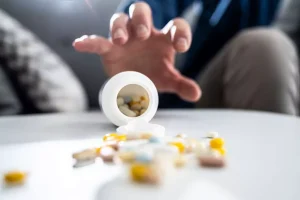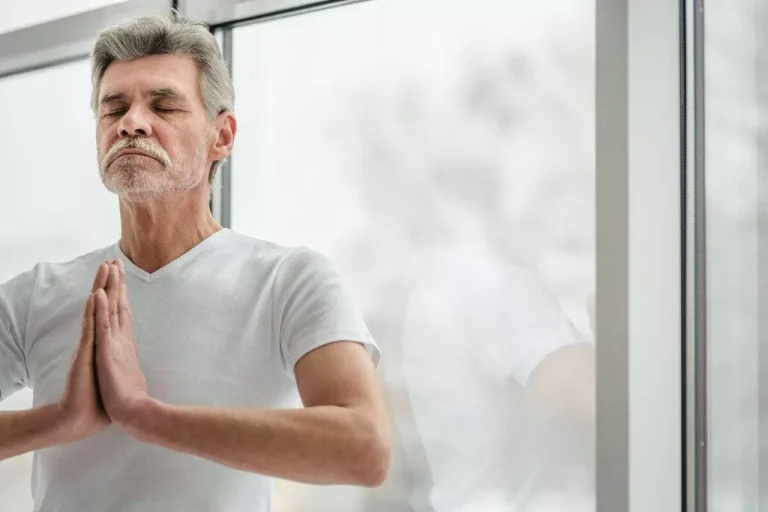
One of the simple and effective therapeutic art ideas is liquid paint cast. This exercise makes it possible to blur the meaning of psycho emotional experiences symbolically. Completing monotypic casts on a separate sheet with a search for deep saving https://ecosoberhouse.com/ meanings is a very effective art therapy crafts. It doesn’t matter if you glue the toothpicks to a cardboard base or attach a skein of thread to a pencil. The purpose of the exercise is to free yourself from control over the drawing process.

Create and Meditate with the Lighthouse Activity
Clay can take a lot of impact, and sculpting can be used to represent abstract inner states, a self-image, and other people (Vaartio-Rajalin et al., 2020). It can then be stretched, pummeled, and flattened as a means of expressing emotions. Before art therapy ideas for adults in recovery you continue, we thought you might like to download our three Positive CBT Exercises for free. These science-based exercises will provide you with detailed insight into Positive CBT and give you the tools to apply it in your therapy or coaching.
Self-Expression in Art Eases the Effects of Trauma
Through art therapy, you can learn new, healthier ways to cope with both stressors and triggers. Art therapy teaches new skills and enables you to focus on a creative, productive task that is both distracting and fulfilling. Through creative recovery art therapy, these individuals can safely communicate their tough experiences, feelings, and thoughts without using words.
Personal Growth and Well-Being
When we started the ECHO Foundation in 2014, our mission was to provide housing support for those in recovery and beyond. Recovery capital as prospective predictor of sustained recovery, life satisfaction, and stress among former poly-substance users. Do creative arts therapies reduce substance misuse? Recovery isn’t just about staying sober – it’s about building a life worth staying sober for.


Embracing the power of laughter, creativity, and unity, addiction group therapy transforms the recovery journey through a kaleidoscope of engaging activities designed to heal, inspire, and empower. Gone are the days of dull, monotonous sessions where participants struggle to stay awake. Today’s addiction recovery landscape is bursting with innovative approaches that breathe new life into the healing process. At Sabino Recovery, we understand that healing from addiction requires a unique approach tailored to each individual. Our expressive arts program provides an innovative way for you to explore your emotions and develop healthier coping mechanisms in a safe, supportive environment.
Art Therapy And Mental Health
They felt safe in their bodies and had a stronger sense of peacefulness. Participants can activate pleasant emotions and resolve trauma. In cases of addictions or obsessions and compulsions, participants can heal through doing healthy repetitive activity with a healthy focus like meditation to find peace or joy. Lastly, participants can feel empowered by being in control of emotions and their connection to trauma. This allows them to feel pride in making something meaningful and creating a different connection with their trauma or pain.
- Improvisation exercises provide a playful platform for practicing social skills.
- We remain with our patients for life through programs such as our alumni group.
- There is also one training institute in Europe and one in Hong Kong, with new trainings emerging all the time.
- A variety of art project ideas focus on the creative process that is beneficial to the recovery process.
- By engaging in activities such as art, music, or writing, you get to explore and articulate your feelings, which can be cathartic and therapeutic.
- Sometimes the clients we work with come to therapy because somewhere along the way, they got stuck in a life transition.

Nicotine Addiction Treatments: Effective Strategies for Quitting Smoking

Addiction Treatment and Expressive Arts at Sabino Recovery
- Draw yourself as a plant or animal are the easiest paint therapy ideas.
- Relapse prevention group activities offer a non-judgmental environment where you can openly share your struggles and celebrate your progress.
- The exercise develops cooperation, the ability to work in a team.
- Each of these art projects is a great part of a journey toward recovery and can be completed in a residential treatment center.
